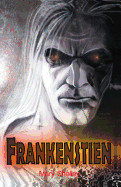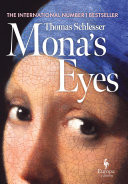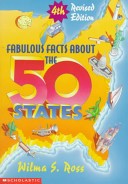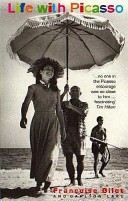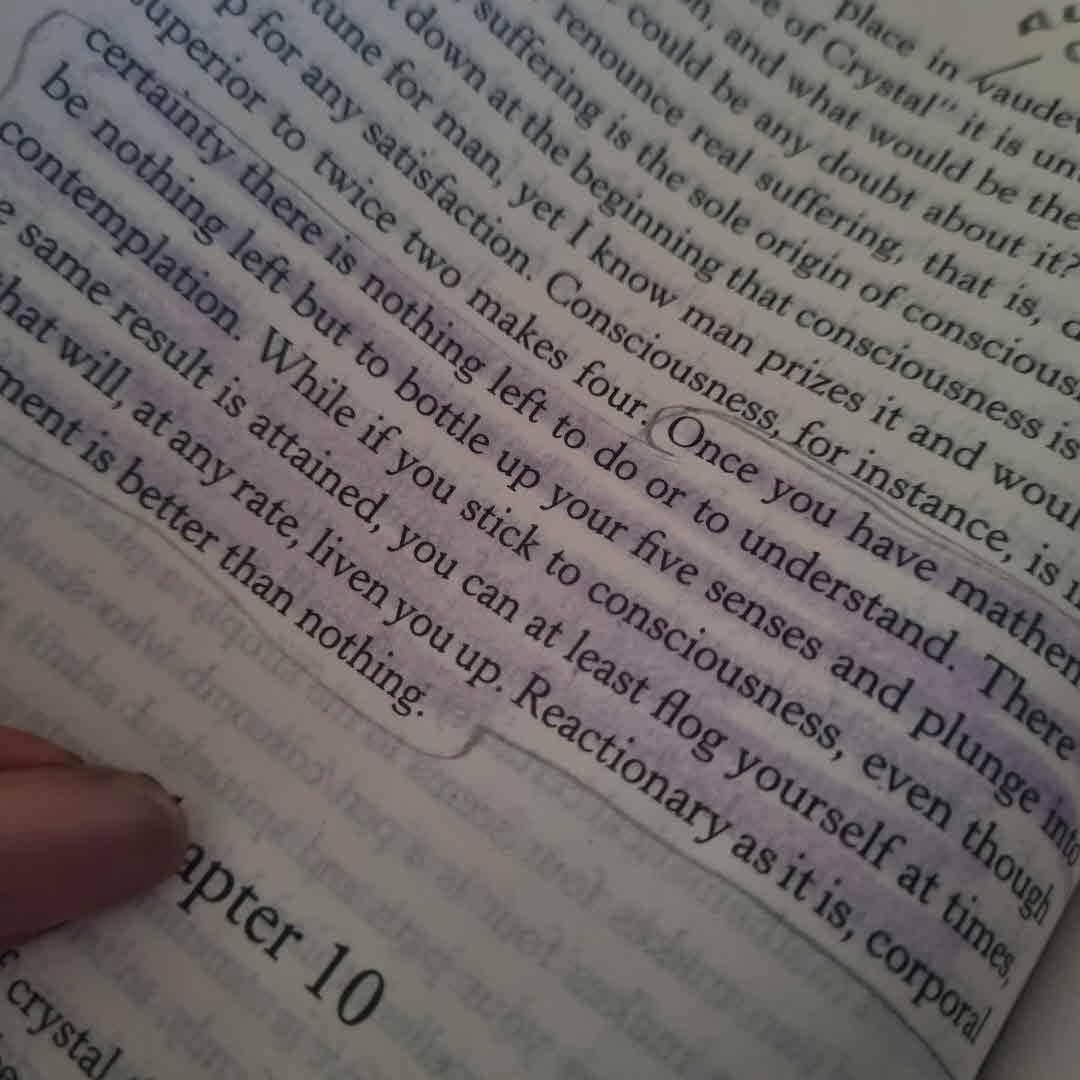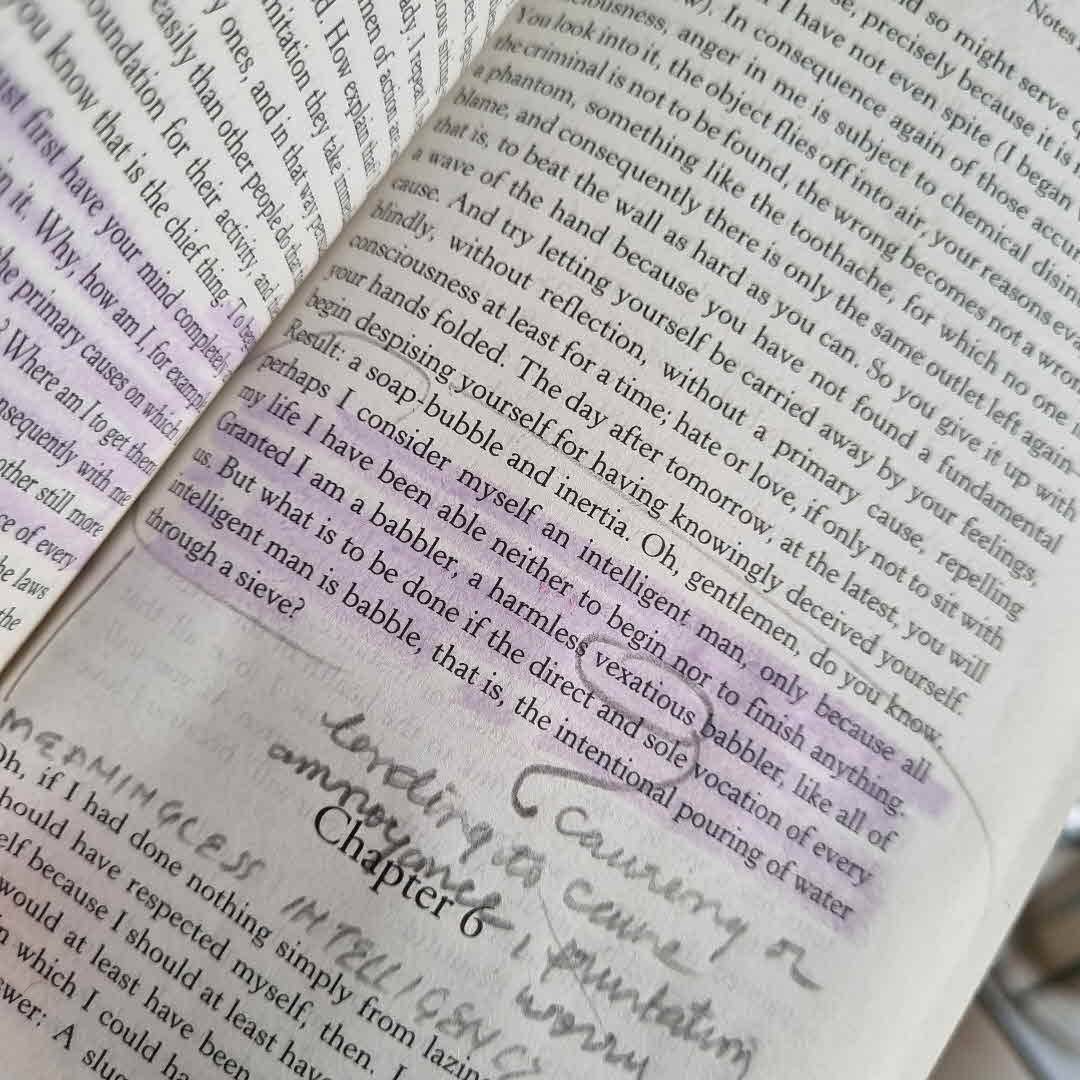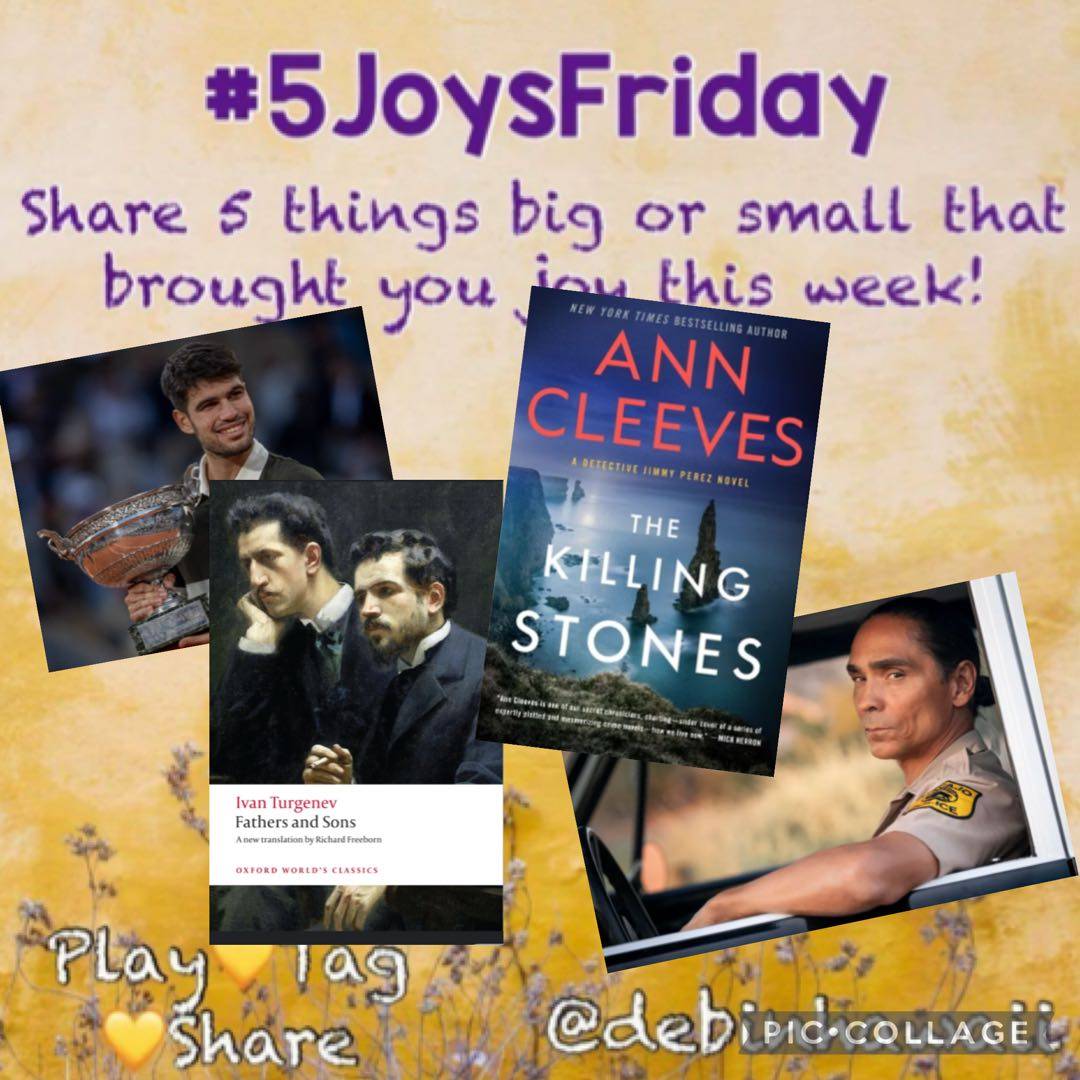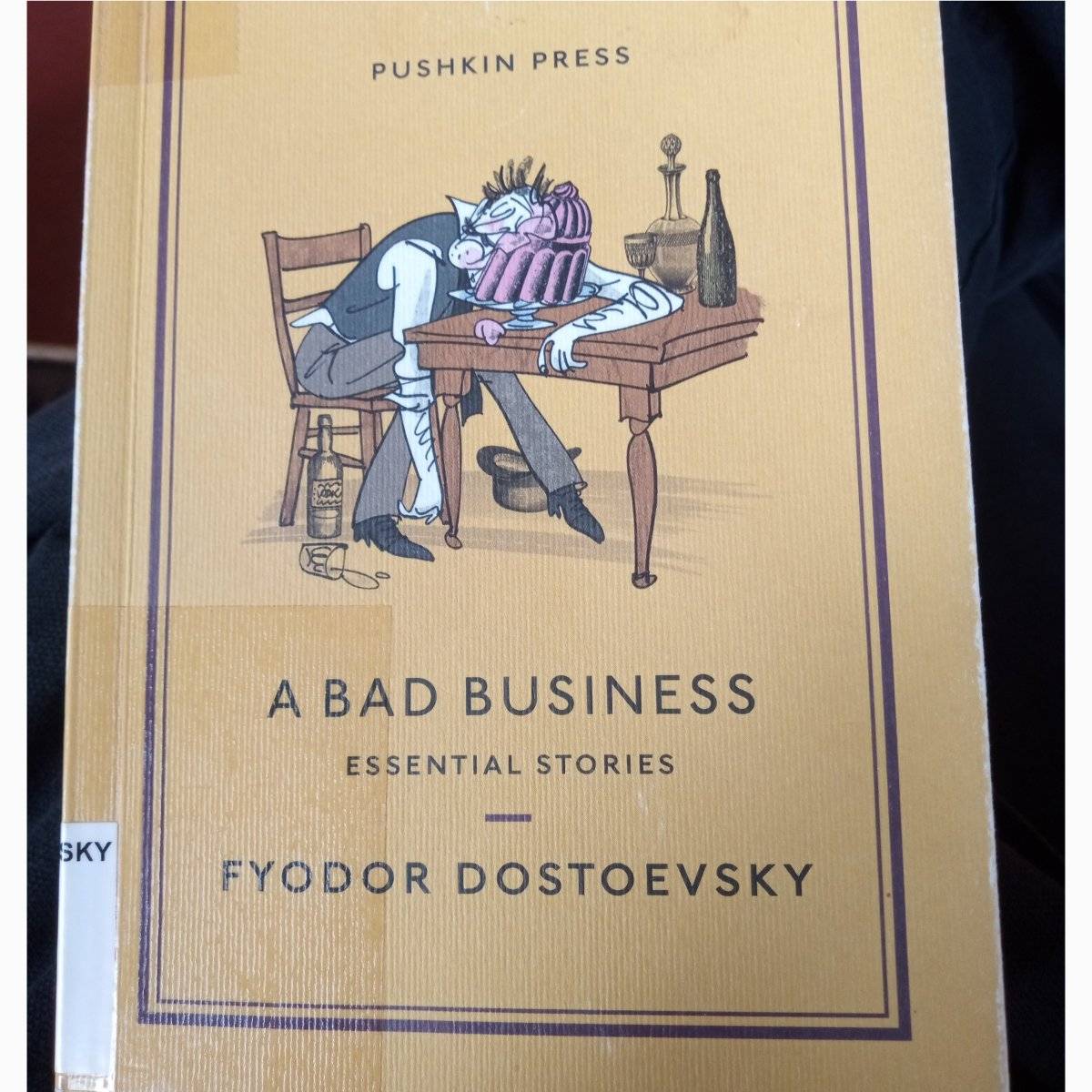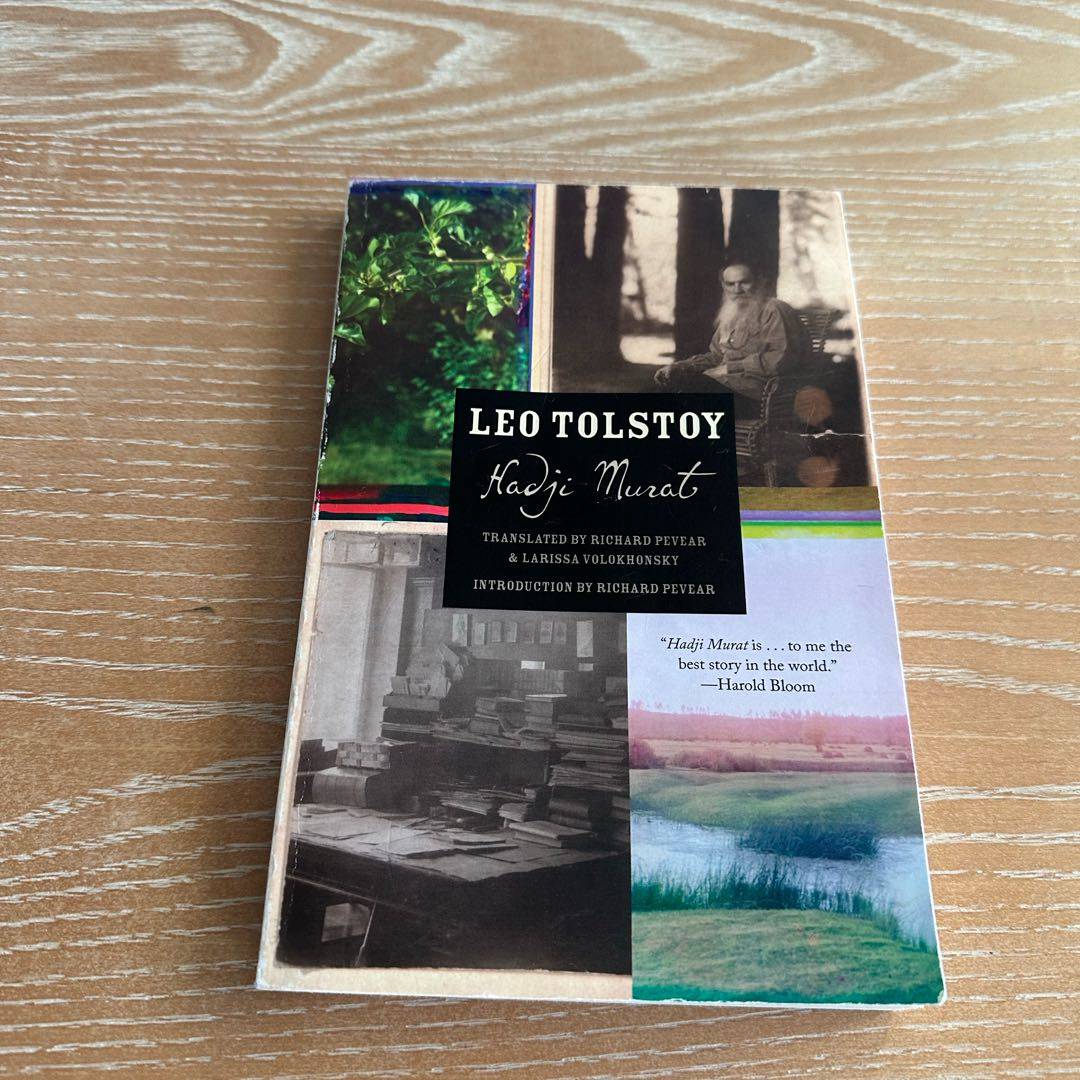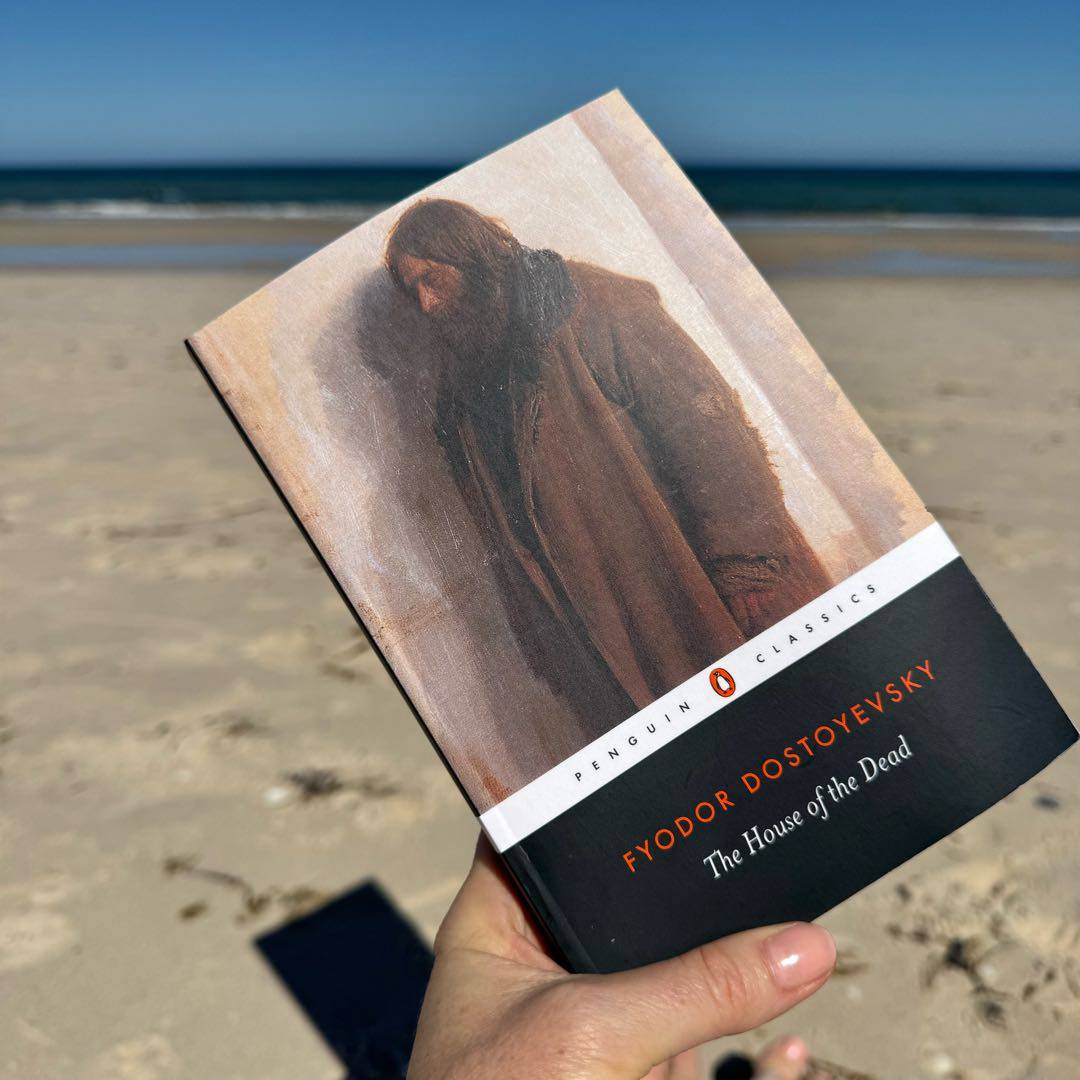White Nights moved me in a destructive manner, an unforgettable way. It captures the loneliness that lives in all of us, that deep wish to be seen and understood, even if only for a moment. capturing the ache of isolation and the fragile hope of connection with poetic grace
It‘s a short simple quiet masterpiece in my personal opinion







